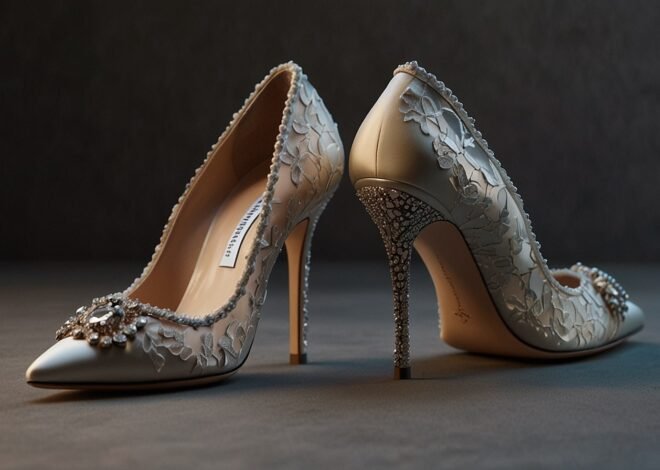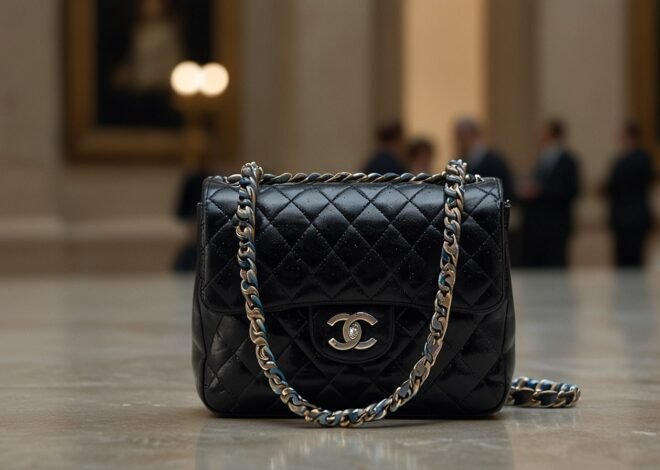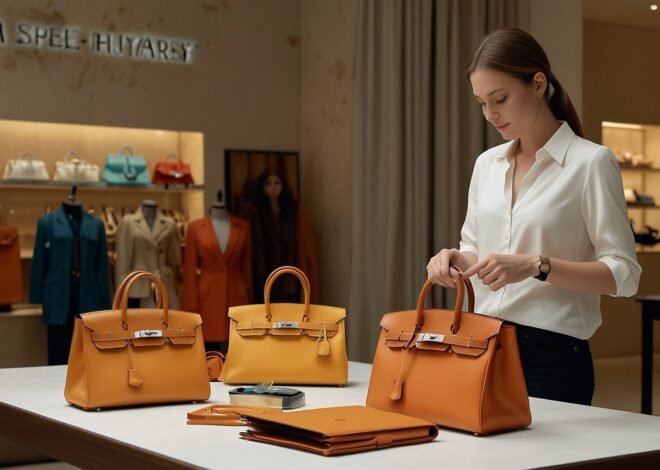
Lab Grown Leather Reshapes Mens Luxury Shoe Trends 2028
The men’s luxury shoe market received a transformative moment in 2028 by adopting lab-grown leather that brings sustainable excellence to high-end footwear production. Science-based producers use bioreactors to create a sustainable leather substitute that provides similar practicality to real leather but causes less damage to the environment. Designers welcome this material by creating shoes that satisfy consumers with high style standards and environmental concerns.
The market transition to laboratory-made leather accommodates rising consumer demand for sustainable fashion items. This alternative to conventional leather erases the necessity to use animals for farming, so it reduces water consumption and decreases environmental emissions. Luxury brands use large investments to develop technology that connects their product line to worldwide sustainability goals without compromising luxury footwear standards.
This material changes the design process for the better because of its adaptable features. Designers now have full control to shape lab-grown leather products with particular finish options, unique textures, and customized color variations. Menswear footwear designs in the 2028 collections use bold patterns and bright colors to establish new fashion standards for luxury footwear aesthetics.
Customers are leading this fashion direction since they choose brands that merge both ethical and exclusive attributes. The market segment made up of wealthy consumers intends to purchase footwear units that demonstrate technological advancement while also upholding moral accountability during the year 2028. Lab-grown leather serves as a sustainable choice that supplies fine-quality products, which now dominate premium collections.
The manufacturing scale increased substantially to match the lab-produced leather costs. Bioreactors, advanced through engineering, produce uniform, superior-quality goods at reduced manufacturing expenses compared to conventional tanning operations. Due to its efficient manufacturing process, luxury brands can deliver sustainable shoes to environmentally conscious buyers who are willing to pay luxury prices in 2028.
The tactile experience of lab-grown leather rivals its animal-based counterpart. This material takes on a soft texture and maintains a supple state while developing graceful characteristics that match luxury buyer standards for product longevity. Expert craftsmen continue to improve tanning techniques for better performance ,which results in durable shoes retaining an elegant appearance for everyday wear.
The accelerating pace of innovation stems from advancing partnerships between biotech companies and fashion companies, which are happening in 2028.
The collaborations between fashion houses and biotech companies develop fresh technologies that find their way into synthetic leather footwear products. Luxury footwear manufacturers incorporate new functionalities such as temperature control and self-cleaning capabilities while keeping their elegant design elements.
Retail manufacturers now use sustainability-related strategies to convey their messages to customers. Stores will equip their flagship locations with detailed displays presenting viewers with an immersive experience on lab-grown leather manufacturing while providing educational information about its environmental advantages in 2028.
The clear display of production practices allows customers to feel secure about purchasing shoes that match their principles and maintain an everlasting fashion appeal.
The worldwide market for skin leather manufactured via laboratory methods is expected to grow substantially throughout the 2028 period. High-income consumers in Asia and Europe currently lead the market in adopting sustainable luxury products. The growth of disposable incomes within emerging markets has triggered an increasing demand for sustainable high-status footwear that represents current societal beliefs.
Social media influencers from 2028 currently exhibit lab-grown leather shoes through their platforms. Modern platforms promote their modern designs together with their ethical profile in order to draw in more customers. The marketing messages feature products that unite contemporary scientific development and traditional master craftsmanship techniques, which appeal to modern and fashion-conscious consumers.
Consumer doubts persist regarding synthetic materials as they work in the industry. Rigorous examination of synthetic leather products enables them to pass examinations for luxury categories, thus addressing consumer concerns. Brands use their marketing budgets to teach customers that sustainable practices elevate their 2028 collections above all else in terms of prestige.
The manufacturing of synthetic leather through laboratory methods creates significant changes to production networks. Companies will team up with biotechnology suppliers in 2028 to optimize production while decreasing their need for basic leather products. The industry transition ensures both environmental preservation and guarantees a continual supply of top-quality materials for luxury shoe makers.
The year 2028 brings more than a trend because lab-grown leather has now evolved into a substantial environmental movement. The industry is changing by uniting modern innovation with traditional approaches to produce men’s luxury shoe products.
The dominating position of this material will create a future that seamlessly combines style with ethics and handcrafted excellence in every walking motion since sustainability emerged as a non-negotiable standard.


